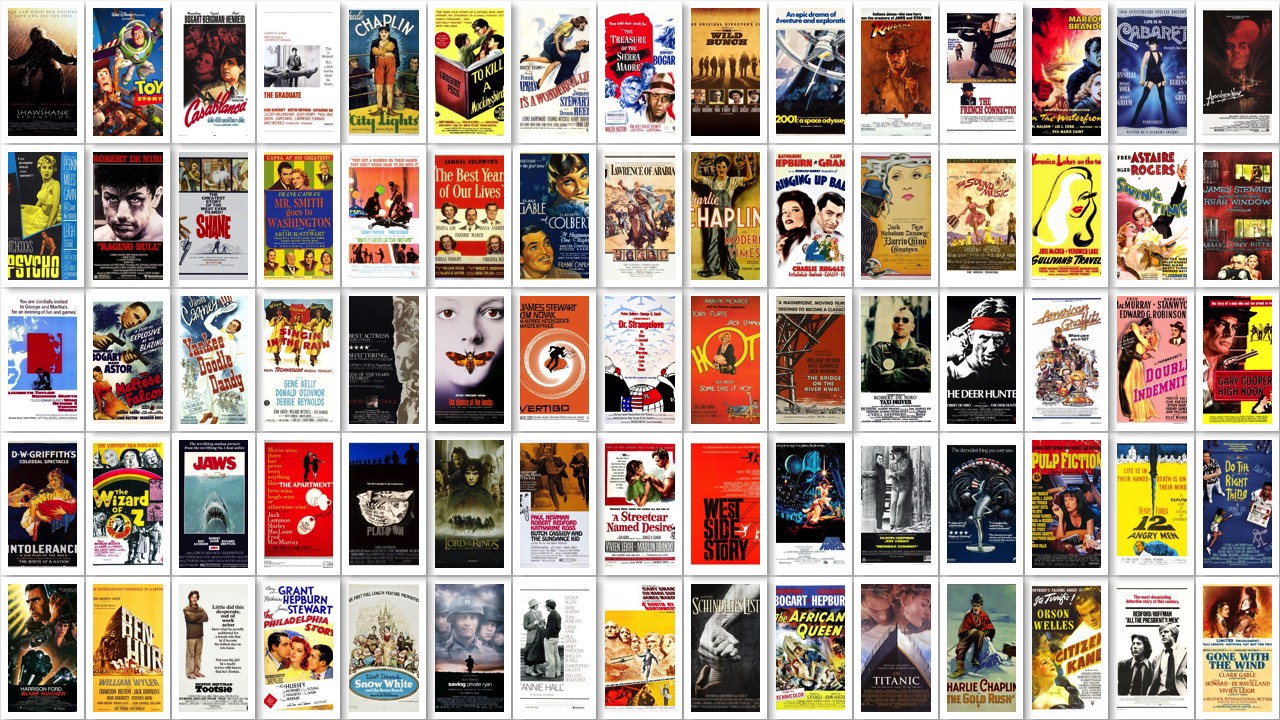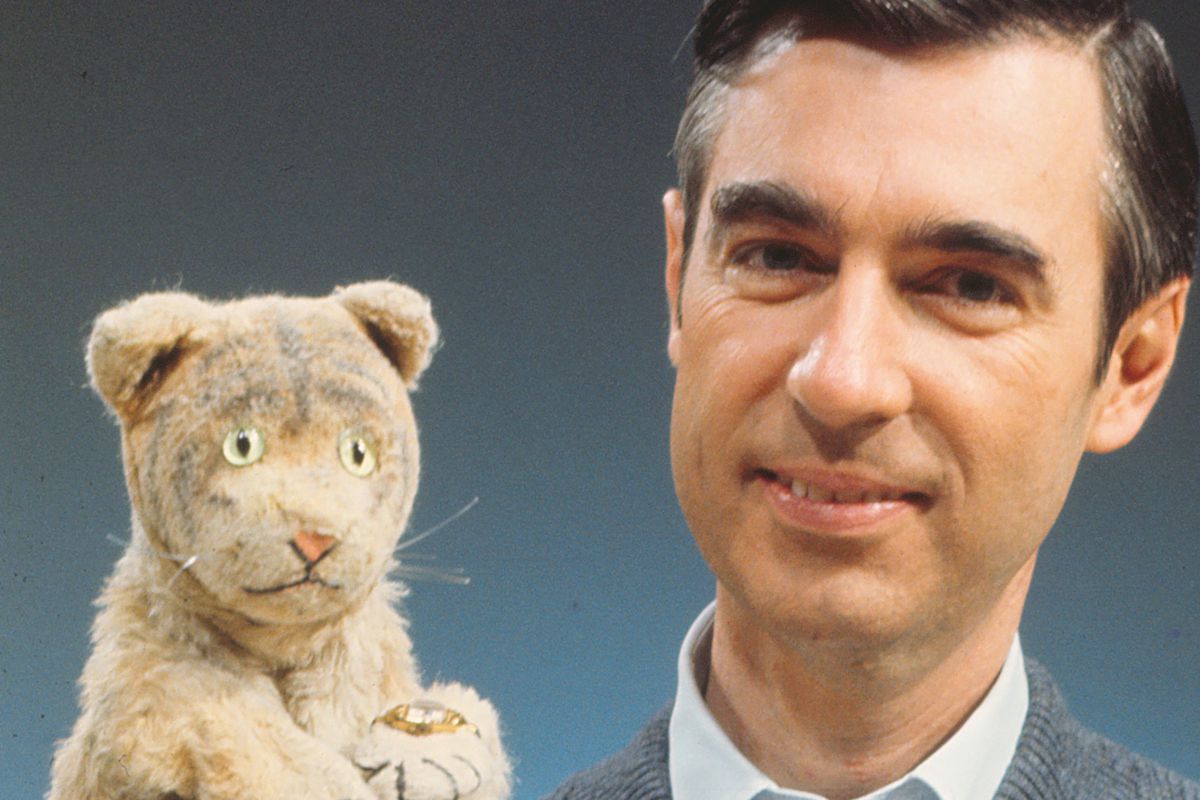Title: Crazy Rich Asians
Rating: PG-13
Director: Jon M. Chu
Starring: Constance Wu, Henry Golding, Awkwafina
Runtime: 121 mins
What It Is: Rachel Chu is a Chinese New Yorker in a loving relationship with handsome Nick Young. As she travels to Singapore to meet her boyfriend’s family, she discovers that they are among the richest people in the country. She begins to learn all about her Chinese heritage, all the while fighting for the approval of Nick’s family.
What We Think: A touted cultural milestone, This is the first Hollywood production with an all-Asian ensemble in a quarter-century. In these trying, politically turbulent times, this is insane pressure. We’re in an era where dialogues about race, cultural appropriation, and toxic traditionalism are virtually unavoidable. Everything hung in the balance for director Jon M. Chu and his entire team to create something relevant and insightful without being too broad and watered down – something that would reach a popular audience without sacrificing its intent to celebrate a very specific populace. It’s nothing short of a miracle that the film feels as light, balanced, and adorable as a mug of Singaporean latte. As a romantic comedy, it’s a solid effort and works on all fronts: both protagonists have clear motivations, the conflicts aren’t forced, and the chemistry is just peachy keen. The story is also smarter than the average foray into the genre, dropping in on the characters already propagating a relationship that works, levying stronger drama and stakes than if they were just newly dating. But don’t mistake it for being a trifle, because the rom-com is merely a framing device. Once you unpack all of the inner workings, you realize that the main elements that make the movie such an engaging, funny, and affecting piece is its dedication to drawing who these crazy Asians are. The characters here feel real, and though people might argue that it’s a satire, trust me: these characters didn’t feel satirical to a born-and-raised Chinese kid like me. You’ll find no stereotypes here, though you’ll find numerous attempts to poke fun at them (like any Chinese person would in real life). The style of the film doesn’t limit this examination of the culture, either – the humor serves as an evocation of Hong Kong comedies, with numerous visual gags, silly dialogues, and wacky characters that are some of the best parts of the movie. There’s a visual element here that feels unmistakably defined and particular; it’s captivating. But the main drawback here is that, for all of its efforts to be informative and educational, it can often feel like a travelogue. You get sequences of characters exploring Singapore like a YouTube travel vlog and forced exposition describing the food stalls and night markets. And perhaps instinctively, you cringe a little. There’s also the occasional corny one-liner, awkward and on-the-nose detail, or bad Cup Noodles pun. Its opening scene is the cheesiest part of the entire movie, giving little character development and being way too indulgent. Once the opening credits roll, however, you begin to notice a shift from juvenile displays of Asian pride to a studied, authentic, and heartfelt tribute of what makes the culture so preserved after all these years. Much like the culture it represents, this film’s triumph ain’t no fluke.
Our Grade: A-, There’s a cadence to Chinese languages that make it easy for speakers to pinpoint where exactly one comes from. For a film to convey this dynamic among its many characters while maintaining a coherent love story is a bravura balancing act. The film is perhaps best embodied in its climactic Mahjong scene (a staple tile-based game in your household if you have four or more Chinese aunts). What could initially be mistaken for bald-faced pandering is actually a vital part of its own story progression. This is the film’s strongest and most impressive trait: it always gives a reason for the stuff you get to see. Much of the authenticity and relatability of the characters comes from giving each of them legitimate reasons for acting the way they do. Given that they are patterned so closely to real life, the film functions as a case study. The thesis being, Asian traditions are specific and rigid because of these reasons; American ideology disagrees thusly. The central conflicts stem from generations of norms that, in turn, stem from a long history of hardships and painful lessons. This is race, culture, and history illustrated in harmony. To have this underlying message tucked away underneath (admittedly entertaining) scenes of Ken Jeong making fun of heavy Chinese accents, complete with a clichéd rom-com airport chase, is offbeat cinematic brilliance. For fans of romantic comedies, you’d be hard-pressed to find a similar movie with so much nuance and wit. This film expects you to have fun with its story, but it’s also hoping you jot down some notes for further pondering. Because, you know, sometimes we fulfill our own stereotypes.



One Reply to “Review: Crazy Rich Asians”
Comments are closed.